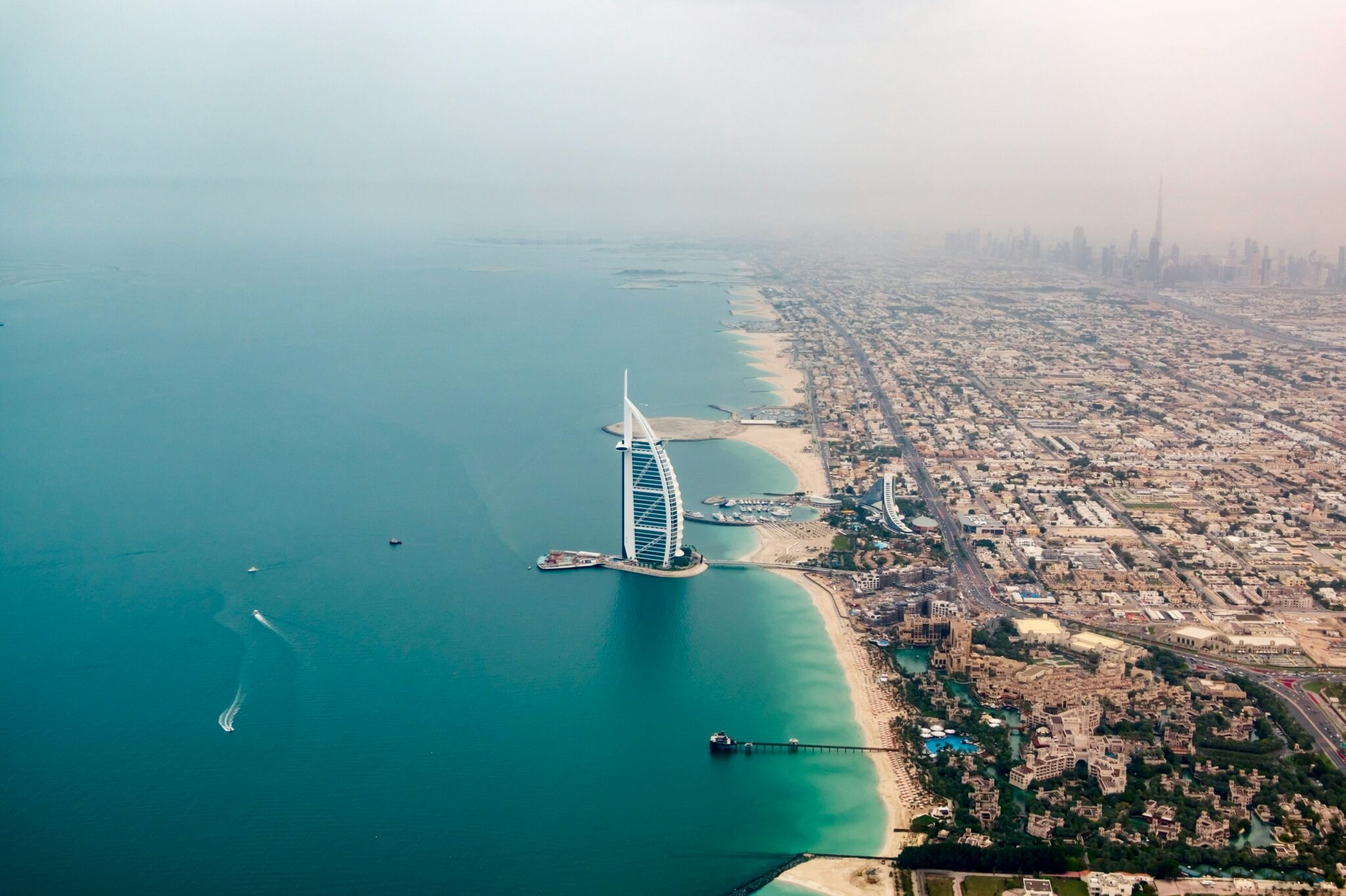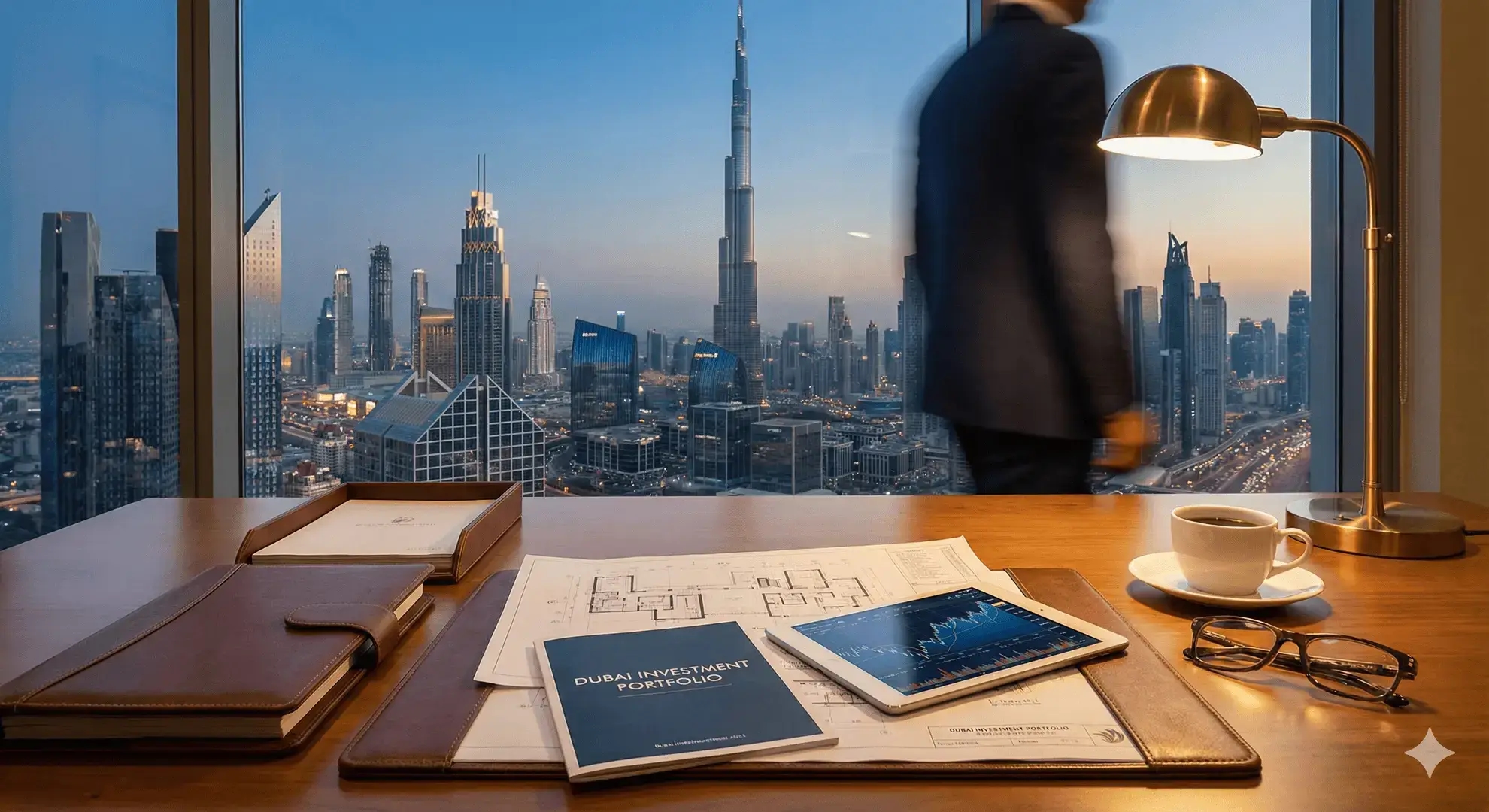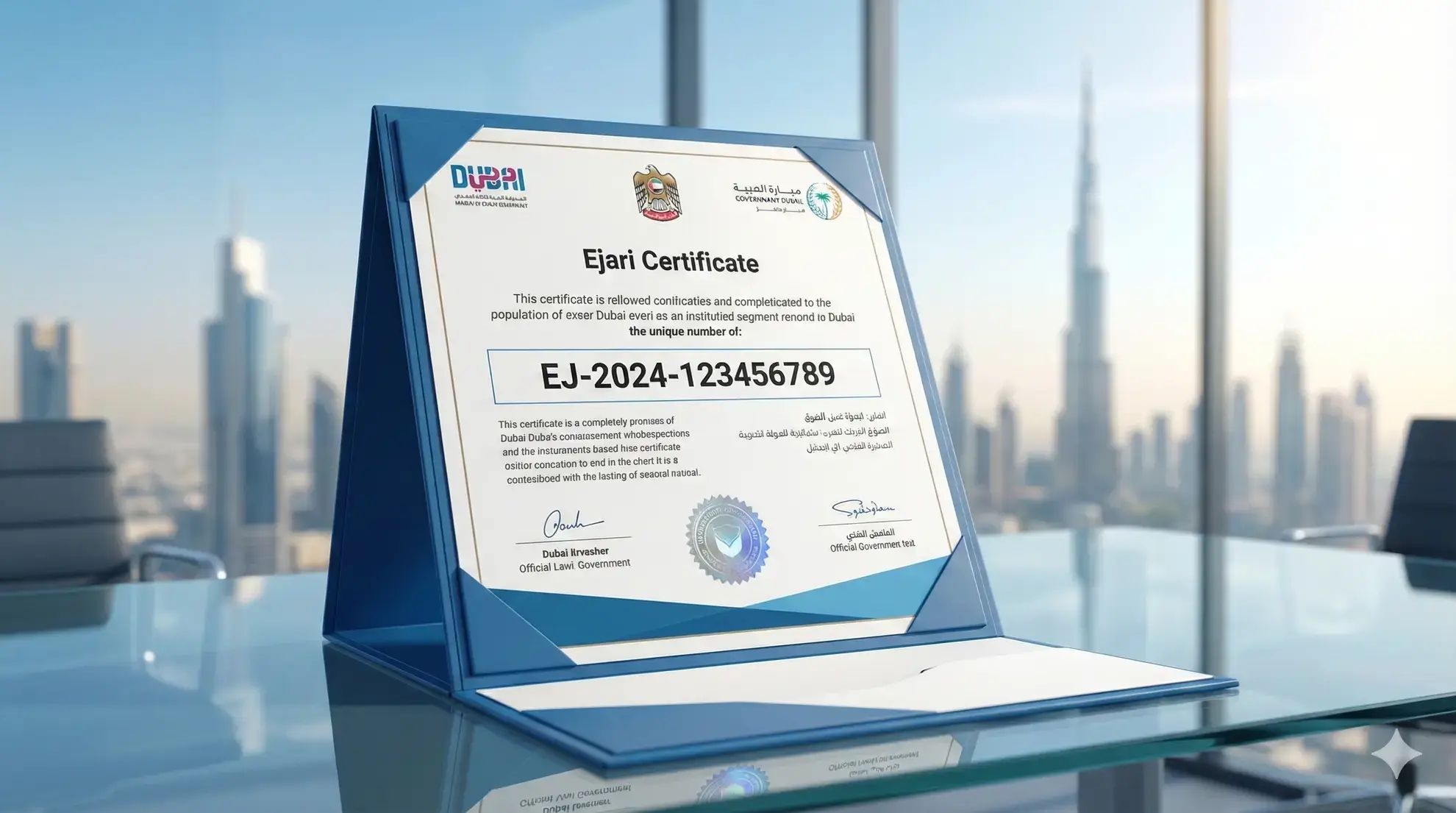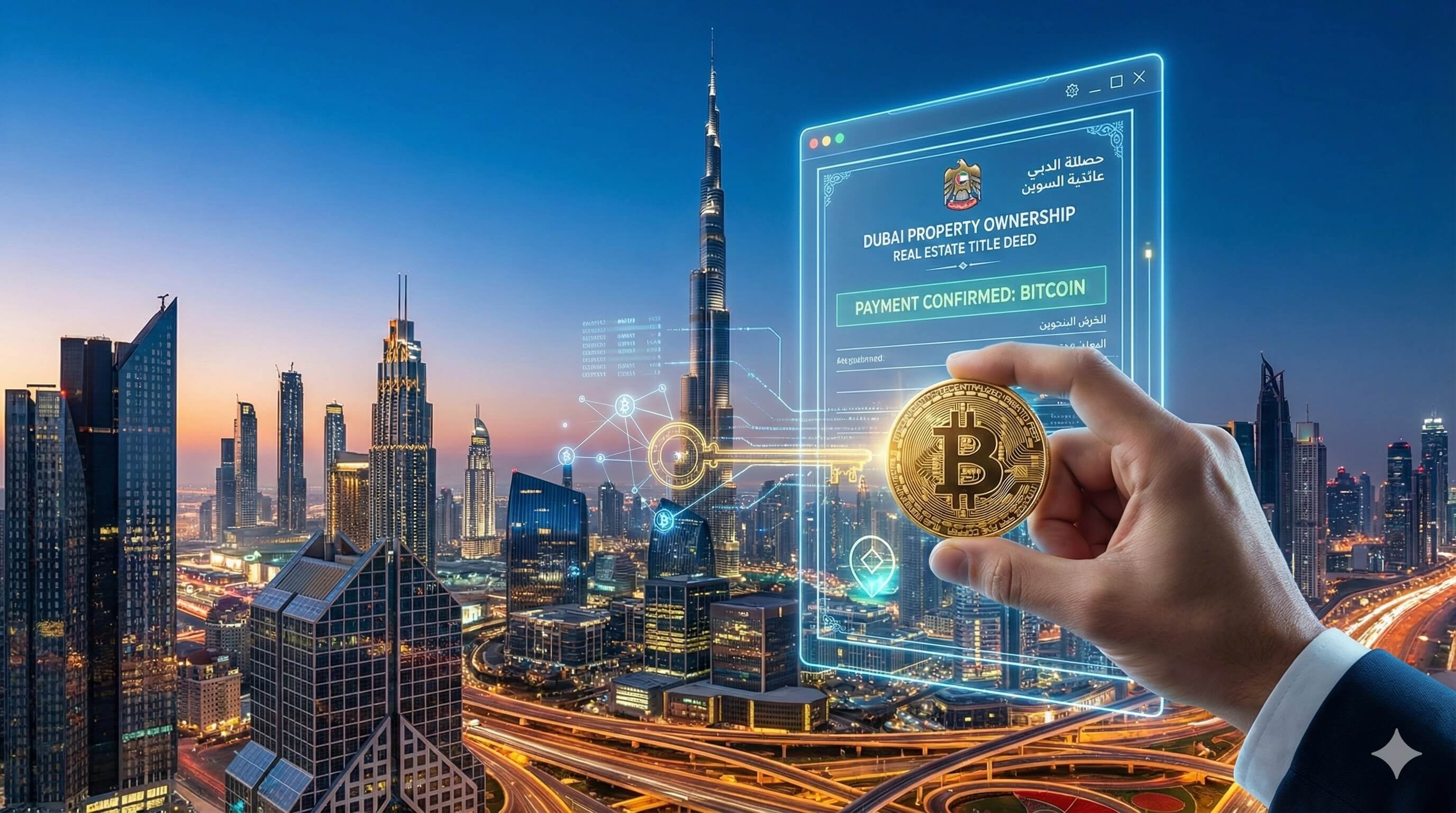Buying Property in Dubai: Benefits and How to Choose the Best Option

Investing in overseas property is no longer exclusive to major market players. Today, it’s accessible to a wide range of investors, and an increasing number of both established and new investors are turning their attention to Dubai, the financial and tourism hub of the UAE. Purchasing property in Dubai offers the opportunity to earn stable rental income, secure a residence visa, diversify assets, and enjoy the benefits of living in a developed country. Remarkably, buyers can even pay for properties using cryptocurrency.
Dubai actively attracts global investors with its economic stability, favorable tax policies, high safety standards, ongoing infrastructure development, and transparent regulations for foreigners. However, the Dubai real estate market has its own nuances, from choosing the right district to understanding ownership types and legal aspects of transactions. Being prepared for potential challenges is essential.
Here we will help you understand why investments in UAE residential and commercial properties have become so popular, the benefits of buying property in Dubai, what to consider when selecting a real estate agent, how to avoid common pitfalls, and more. Learn about the advantages, drawbacks, and specifics of property acquisition, including how to buy an apartment in Dubai with cryptocurrency.
Benefits of Buying Property in Dubai: Why It’s Profitable
Dubai is an attractive destination for real estate investment due to its numerous advantages, including high returns, tax incentives, the opportunity to obtain a golden visa, asset diversification, exceptional safety, and tourism appeal. Foreigners can purchase properties with 100% ownership in freehold zones, using both traditional payment methods and cryptocurrency. Other benefits include steady capital appreciation, high rental demand, and a relatively straightforward purchasing process, even without the investor’s physical presence in the UAE.
Tax Incentives and Returns
Investing in Dubai real estate is highly profitable because investors can recover their investments faster, avoid significant tax burdens, and achieve high returns due to strong demand.
Dubai imposes no personal income tax, capital gains tax, or property tax. When purchasing an apartment or villa, buyers only need to pay a one-time registration fee of 4% of the property’s value.
High rental yields are a key advantage that shouldn’t be overlooked. On average, rental returns range from 6–10% annually, depending on the district. For example, properties in Dubai Marina can yield up to 9%, while those in Jumeirah Village Circle may reach 10%. These figures surpass returns in most European and U.S. cities.
Golden Visa and Asset Diversification
A significant benefit of buying property in the UAE is the opportunity to obtain a residence visa. The visa requirements are clear and include:
A minimum investment of AED 750,000 for a 2-year residence visa.
A minimum investment of AED 2 million for a 10-year golden visa.
Purchasing property in Dubai also facilitates asset diversification, allowing investors to allocate part of their capital outside volatile markets. The UAE offers low risk of losses due to inflation, devaluation, or political instability. The country’s economy is stable, with GDP growth of 3–4% annually, creating a reliable environment for capital preservation and growth.
Key Considerations for Buying Property in Dubai
Property purchase in Dubai is open to all foreigners without restrictions. Foreign nationals can acquire full ownership of commercial or residential properties only in designated freehold zones, such as Dubai Marina, Downtown, Business Bay, and others.
The process is convenient for foreigners, as transactions can be completed entirely remotely through a trusted representative. Documents can be signed digitally or via an embassy.
Another advantage is that foreigners can access mortgage or installment plans with attractive terms: a down payment of 20–25% and interest rates starting at 3.9% for mortgages. For installment plans, developers typically charge no interest, with down payments as low as 5%.
A critical aspect of property transactions in Dubai is the requirement for a No Objection Certificate (NOC). The seller must provide this certificate, confirming no outstanding debts to the developer or property management company.
The Transaction Process: A Step-by-Step Approach
Purchasing property in the UAE involves several key steps with a clear sequence. The specifics depend on whether the property is bought from a developer (primary market) or on the secondary market.
Here’s the process for buyers:
Sign Form B Agreement: The buyer and agent sign an agreement to search for a property based on desired specifications.
Sign Memorandum of Understanding (MOU): This document, signed between private parties on the secondary market, confirms the buyer’s intent to purchase and requires a 10% deposit.
Document Verification: The seller provides the NOC certificate.
Sign Sale and Purchase Agreement (SPA): Signed between the buyer and developer on the primary market, with an initial payment of 10–20% of the property’s value.
Payment and Ownership Transfer: After payment, both parties visit the Dubai Land Department (DLD), where the buyer receives the Title Deed and pays the 4% registration fee.
For mortgage purchases, buyers must undergo document verification and loan approval through a UAE bank.
Buying Property in Dubai with Cryptocurrency: A New Trend
Dubai is among the first cities globally to enable property purchases with cryptocurrency, with initial transactions recorded in 2017. Today, such payments account for a significant share of deals.
Both private sellers and developers accept digital currencies like Bitcoin. Transactions are processed through secure payment gateways that ensure safety and verification. Developers typically require pre-verification of funds.
Key advantages of buying property with cryptocurrency:
Speed: Transactions take minutes to hours, much faster than traditional bank transfers.
- Transparency: Blockchain records reduce fraud risks.
- Global Accessibility: Cryptocurrency simplifies payments for international buyers, bypassing currency conversions and complex banking procedures.
However, buyers should be aware of risks tied to cryptocurrency volatility. Bitcoin and other digital currencies can fluctuate significantly, potentially affecting the final cost of the property.
Pros and Cons of Buying Property in Dubai: What to Consider
When purchasing property in Dubai, weighing the pros and cons is essential to make an informed investment decision, understanding risks, additional costs, and legal complexities.
Advantages include:
High Quality of Life: Dubai offers advanced infrastructure, comfortable living conditions, top-tier safety, quality healthcare, education, entertainment, and a business-friendly environment.
Strong Rental Returns: Rental yields can reach 10% annually.
Tourism Appeal: As a major tourism hub, Dubai ensures steady demand for short-term rentals.
Residence Visa Opportunity: Property purchases of AED 2 million or more qualify for a 10-year golden visa.
Challenges include potential delays in obtaining the NOC certificate, which can affect transaction timelines. Off-plan purchases may face changes in completion dates or property specifications. Without proper legal due diligence, buyers risk encountering encumbrances or fraudulent schemes. Working with licensed agents and legal experts is crucial.
Additional Costs of Buying Property
Beyond the advantages, buyers should account for additional expenses. A mandatory 4% registration fee is required, but other costs apply.
Additional Expenses:
Registration fee: ~$1,000.
Title Deed issuance fee: ~$150.
NOC certificate fee: ~$1,350.
Agent commission: 2% of the property’s value.
Maintenance costs, which vary by complex location, typically range from $35–50 per square meter and are borne by the buyer.
How to Choose a Real Estate Agent in Dubai
To fully capitalize on the benefits of buying property in Dubai, the transaction must be safe, cost-effective, and efficient. This requires partnering with a professional, licensed real estate agent.
Tips for Choosing an Agent:
Verify the agent’s license issued by the DLD.
Select agents with at least three years of experience and expertise in Dubai’s real estate market. Prefer specialists in specific markets (primary, secondary, commercial, villas, etc.).
Review client feedback, agency ratings, and complaints. Reliable agents typically have a portfolio of successful transactions.
Communicate with the agent to assess their transparency, honesty, and responsiveness. They should explain transaction details, highlight risks, stay accessible, and proactively suggest options aligned with your goals.
An experienced agent will assist with drafting preliminary agreements, verifying ownership, overseeing property transfer, and registering the transaction with the DLD. Despite Dubai’s strict regulations, an agent’s inexperience or errors can lead to financial or time losses. Choosing a reliable agent minimizes risks, protects the buyer’s interests, and ensures all benefits of purchasing property in Dubai are realized.
Dubai Real Estate Market: Prices and Opportunities
To evaluate the nuances, pros, and cons of buying property in Dubai, it’s crucial to understand pricing for in-demand properties and their rental return potential. The average cost of a one-bedroom apartment in Downtown Dubai is approximately AED 2,800,000, while on Palm Jumeirah, it’s around AED 3,570,000.
For one-bedroom apartments, the average annual rental income in Downtown Dubai is about AED 115,500, and on Palm Jumeirah, it reaches AED 150,000.
Investors in Dubai have ample opportunities to generate income through rentals or property resale. In popular districts, rental yields range from 6–10%, with consistent demand for both short- and long-term rentals.
Resale is another lucrative option. Over recent years, the market has grown significantly, with prices in some areas rising 20–30% in two years. Off-plan purchases can yield even higher returns.
Dubai offers unique opportunities for global investors, from stable passive income to a favorable tax environment and residency prospects. However, successful investments require thorough market research, attention to legal nuances, and careful selection of properties and agents. Explore Dubai’s real estate market—compare districts, evaluate returns, and study property types—while always consulting experienced agents and legal professionals.



